- Home
- slideshows
- miscellaneous
- 14 business books everyone will be reading in 2019
14 business books everyone will be reading in 2019
'The Surprising Science of Meetings' by Steven G. Rogelberg (Jan. 2)

'Be Fearless' by Jean Case (Jan. 8)
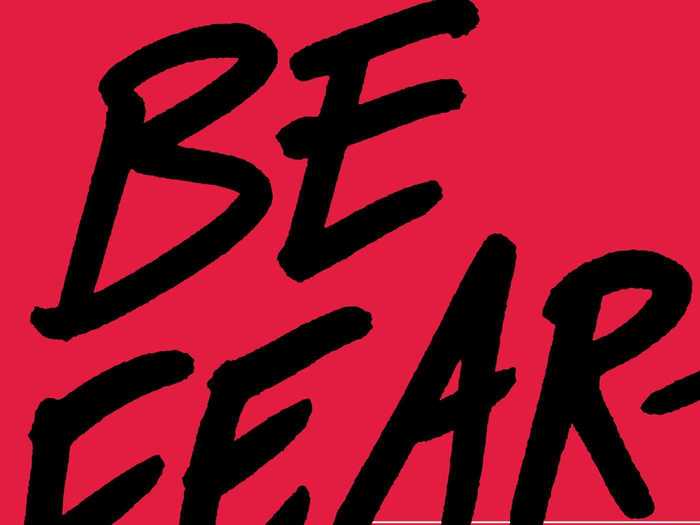
Case's book is a welcome kick-in-the-pants for anyone who feels stuck in their career. The first female chairman of the National Geographic Society, as well as a former executive at AOL, Case has broken down success into five guiding principles: make a big bet, take bold risks, capitalize on failure, look beyond your comfort zone, and prioritize urgency over fear.
The book is packed with examples of legendary innovators, from Henry Ford, to Jeff Bezos, to Jose Andres, to Case herself, and the paths that led them to greatness. Some key lessons based on the stories are testing and validating ideas quickly and taking the long view of your life.
Melinda Gates was one of the early readers impressed by the book, saying, "If you need a dose of courage, I recommend this powerful collection of stories, evidence, and optimism."
Find it here »'The Age of Surveillance Capitalism' by Shoshana Zuboff (Jan. 15)

The monoliths of today's business world are the big tech companies, and unlike corporate giants of the past, they know a scary amount about each of us and hold tremendous sway over our lives. And much of the power they hold takes place in spaces that are unregulated by the government.
In "The Age of Surveillance Capitalism," Harvard Business School professor Shoshana Zuboff explores the deal that makes it all possible, the agreement to sacrifice privacy for benefits like interacting with friends and shopping online.
Zuboff takes an in-depth at how this system has transformed the economy, politics, and society in general, and where we go from here.
Find it here »'The Prosperity Paradox' by Clayton Christensen, Efosa Ojomo, and Karen Dillon (Jan. 22)

From one of the world's foremost management thinkers comes a highly thought-provoking and heavily researched book about the keys to successful economic development. Christensen, a professor at Harvard Business School and the author of "The Innovator's Dilemma," explores how innovation can trigger social and economic change.
Decades ago, Christensen was a missionary in South Korea, a country that he says serves as a prime example of an economic turnaround. In the book, he explains how other nations can experience the same type of progress. It starts with the need for three types of innovation: efficiency, sustaining, and market-creating. It's also important to target a "nonconsumption" economy, which Toyota did when it produced automobiles for people who couldn't afford cars made by Ford or Chrysler, for example.
Overall, the book is an impressive and inspiring read that will hopefully shape economic-development practices around the world.
Find it here »'Digital Minimalism' by Cal Newport (Feb. 5)
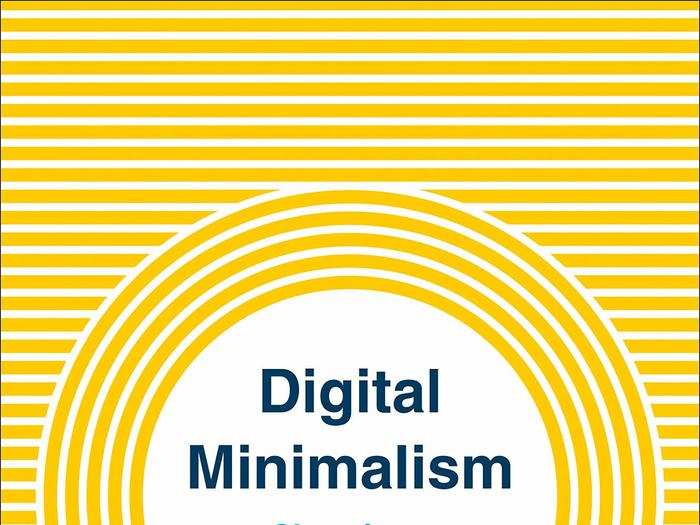
Newport is a computer-science professor at Georgetown University, and the concept of "digital minimalism" is closely related to that of "deep work," which he explained in his 2016 book by the same name.
Whereas deep work is about focusing on a complex task without distraction, digital minimalism means decreasing the time you spend online, by choosing a few activities that are meaningful to you and leaving everything else behind. Both, in Newport's view, are keys to success.
In the book, Newport highlights a variety of people who practice digital minimalism, and offers tips for readers to do the same.
Find it here »'Zucked' by Roger McNamee (Feb. 5)
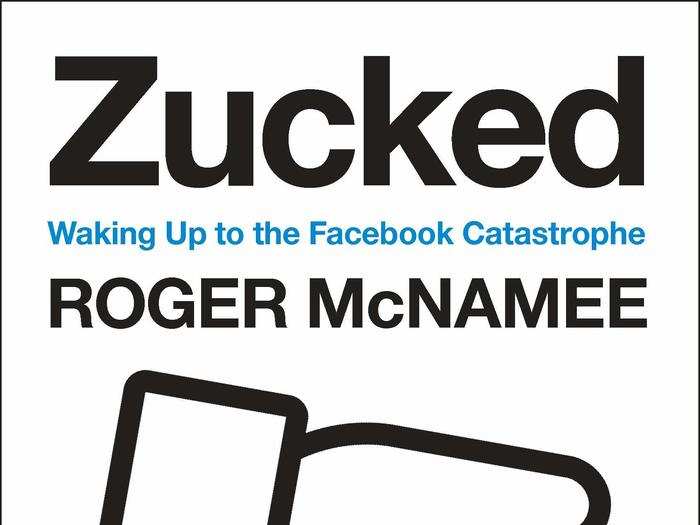
Roger McNamee was an early investor in Facebook and even mentored its cofounder and CEO, Mark Zuckerberg. Now, with "Zucked," he's publishing a book that declares Facebook is ruining the world and has to be stopped.
McNamee denounces Zuckerberg and COO Sheryl Sandberg for the way they've handled crises of the last couple years, including Russian hackers' attempt to influence elections and reports around a potential lack of transparency around personal data sharing.
Regardless of where you stand on the issue, you'll want to see why one of Facebook's biggest champions became one of its fiercest critics.
Find it here »'Why Do So Many Incompetent Men Become Leaders?' by Tomas Chamorro-Premuzic (Feb. 19)

This book grew out of one of the most popular Harvard Business Review articles, published in 2013 with the same title. Chamorro-Premuzic, a professor at University College London and Columbia University as well as the chief talent scientist at Manpower Group, draws on decades of research and real-life examples to illustrate how men who won't necessarily be effective leaders wind up getting the job.
Readers learn to distinguish between legitimate competence and mere confidence, and find out about a dangerous upside of narcissism: You get better at selling your ideas to others.
Toward the book's end, Chamorro-Premuzic cautiously posits that women can make more successful leaders than men, partly because they tend to be more self-aware and emotionally intelligent.
Find it here »'The Enlightened Capitalists' by James O'Toole (Feb. 26)
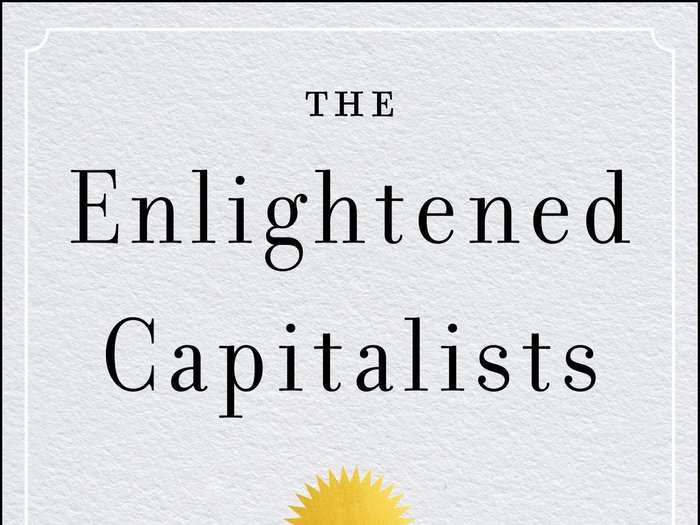
At Business Insider, we've been chronicling in our Better Capitalism series the way businesses have lately been considering corporate social responsibility as a necessity.
James O'Toole is the founding director of the University of Southern California's Neely Center for Ethical Leadership, and in "The Enlightened Capitalists," he chronicles the ways business leaders have previously tried to align their profits with social good, sometimes to poor results.
With the issue top of mind for Wall Street and Silicon Valley today, O'Toole's book will be a valuable collection of case studies on what works and what doesn't.
Find it here »'Loonshots' by Safi Bahcall (Mar. 19)
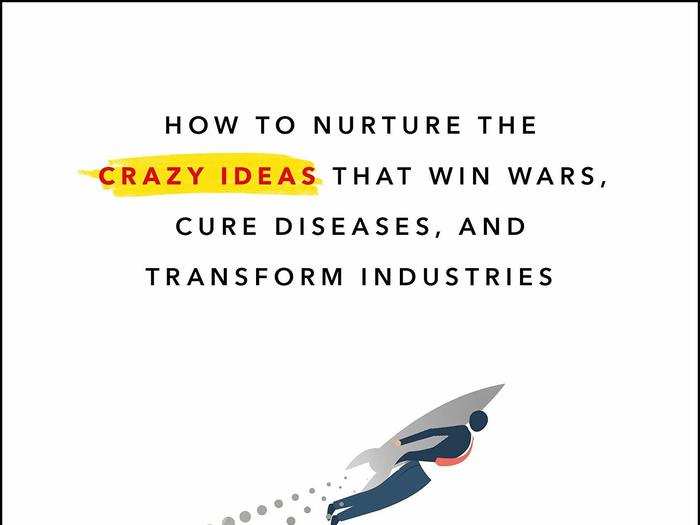
"Moonshot" is a word popularized by Silicon Valley to express the type of goal a company pursues aggressively, even if it has a minute chance of working, on account of the potential payoff of even a partial success.
In "Loonshots," physicist and biotech entrepreneur Safi Bahcall analyzes the ways groups will suddenly shift from embracing radical change to resisting it, whether that's on a corporate project, in politics, or even a traffic jam.
The book has already earned high praise, including from Nobel laureate economist Daniel Kahneman, who said its "convincing analysis" makes it a can't-miss read.
Find it here »'The Making of a Manager' by Julie Zhou (Mar. 19)
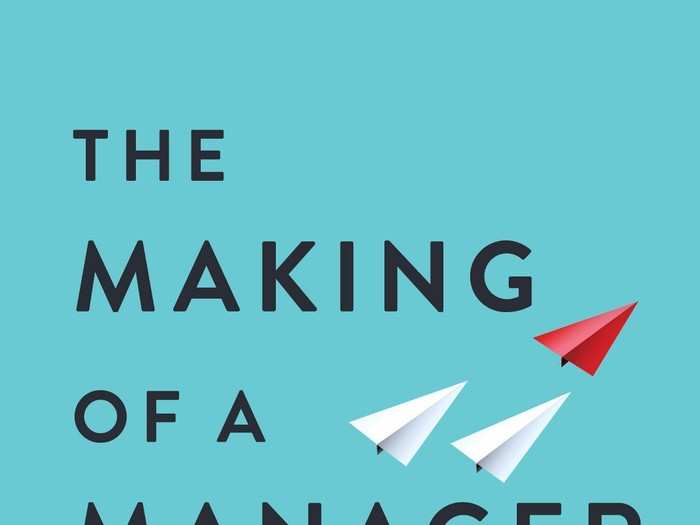
Facebook's vice president of product design wrote this book based on her own experience becoming a first-time manager (and panicking) at age 25. And according to Ev Williams, Medium CEO and Twitter cofounder, the book's "practical wisdom" is just as useful for brand-new managers and old hands.
Zhuo is a frequent writer on Medium, where she's shared her management tips before, like "Having all the answers is not the goal. Motivating the team to find the answers is the goal" and "Sometimes, a great person will not work out on a great team, and that is okay."
In the book, she addresses topics from job interviews gone awry to the difference between a mediocre manager and a great one. In a Medium post, Zhuo said that part of her motivation for writing this book was adding her perspective as a minority woman to existing management guides, especially since the majority of managers in the US since the 1980s are women.
Find it here »'Nine Lies About Work' by Marcus Buckingham and Ashley Goodall (Apr. 2)

Buckingham, the author of "First, Break All the Rules" and "The One Thing You Need to Know," has become something of a guru when it comes to management and professional development. He's perhaps best known for his writings on "strengths-based coaching," or allowing employees to spend most of their time doing what they love and do best.
In this new book, Buckingham and Ashley Goodall, senior vice president of leadership and team development at Cisco, debunk the most dangerous myths about the workplace, like the idea that company culture trumps everything else. The authors write about the "freethinking leader," who's able to move past these misconceptions and embrace what makes each person different.
Find it here »'Firefighting' by Ben Bernanke, Timothy F. Geithner, and Henry M. Paulson (Apr. 16)
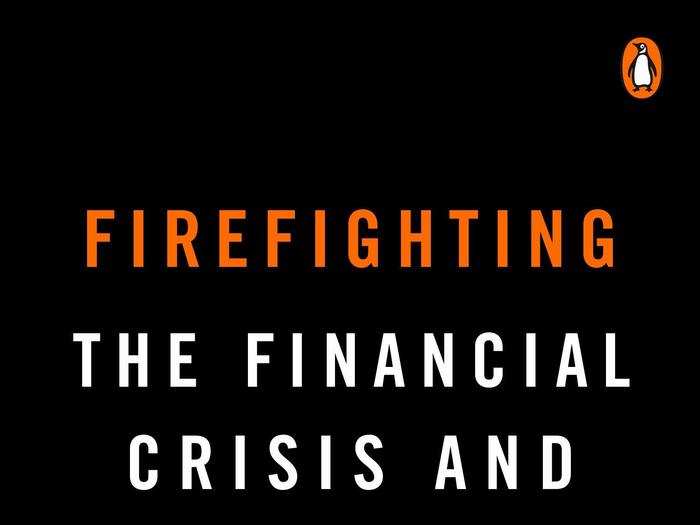
To mark the tenth anniversary of the financial crisis last year, the top three economic policy leaders who lived through it reflected on their experiences.
Former secretaries of the Treasury Hank Paulson and Tim Geithner, along with former chairman of the Federal Reserve Ben Bernanke, break down the reasons for the crisis, why they made the decisions they did, and what lessons they believe the world must carry forward from it.
Find it here »'Tim Cook' by Leander Kahney (Apr. 16)
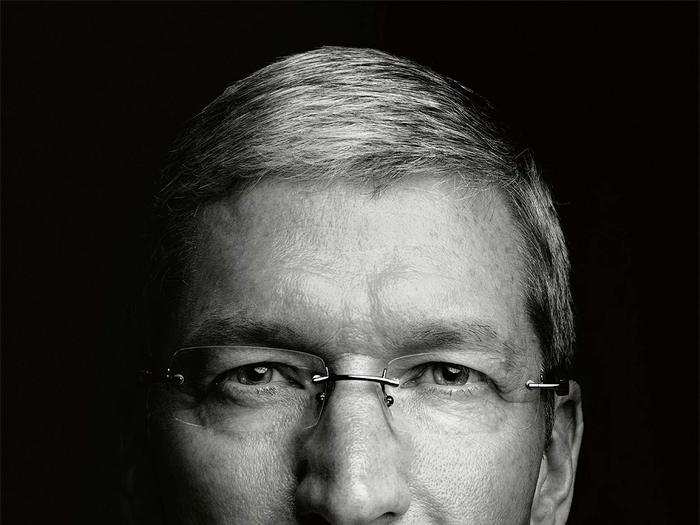
Following up his bestselling biography of Apple's chief design officer Jony Ive, Cult of Mac.com editor Leander Kahney has now taken on Apple's CEO Tim Cook.
Kahney is a big fan of Cook, and chronicles the way Cook exceeded consumers' and shareholders' expectations of Steve Jobs' successor, and turned Apple into the world's first trillion-dollar company.
Find it here »'Trillion Dollar Coach' by Eric Schmidt, Jonathan Rosenberg, and Alan Eagle (Apr. 16)
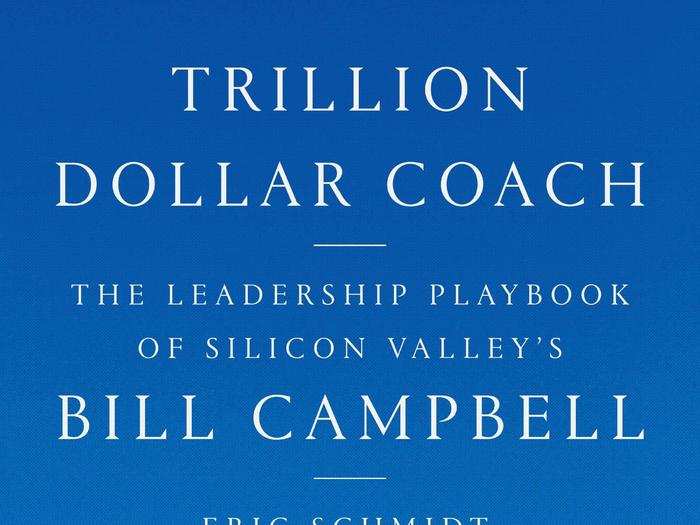
When Bill Campbell died in 2016, Silicon Valley lost "The Coach," as he was affectionately known.
Aside from his roles as an influential tech exec, Campbell was revered as the executive coach to Valley legends like Apple's Steve Jobs and Google's Larry Page and Sergey Brin.
In "Trillion Dollar Coach," former Alphabet chairman Eric Schmidt, Page's advisor Jonathan Rosenberg, and Google's director of communications Alan Eagle share lessons they gathered from 80 of Campbell's students that you'll want to incorporate into your own work life.
Find it here »Popular Right Now
Popular Keywords
Advertisement